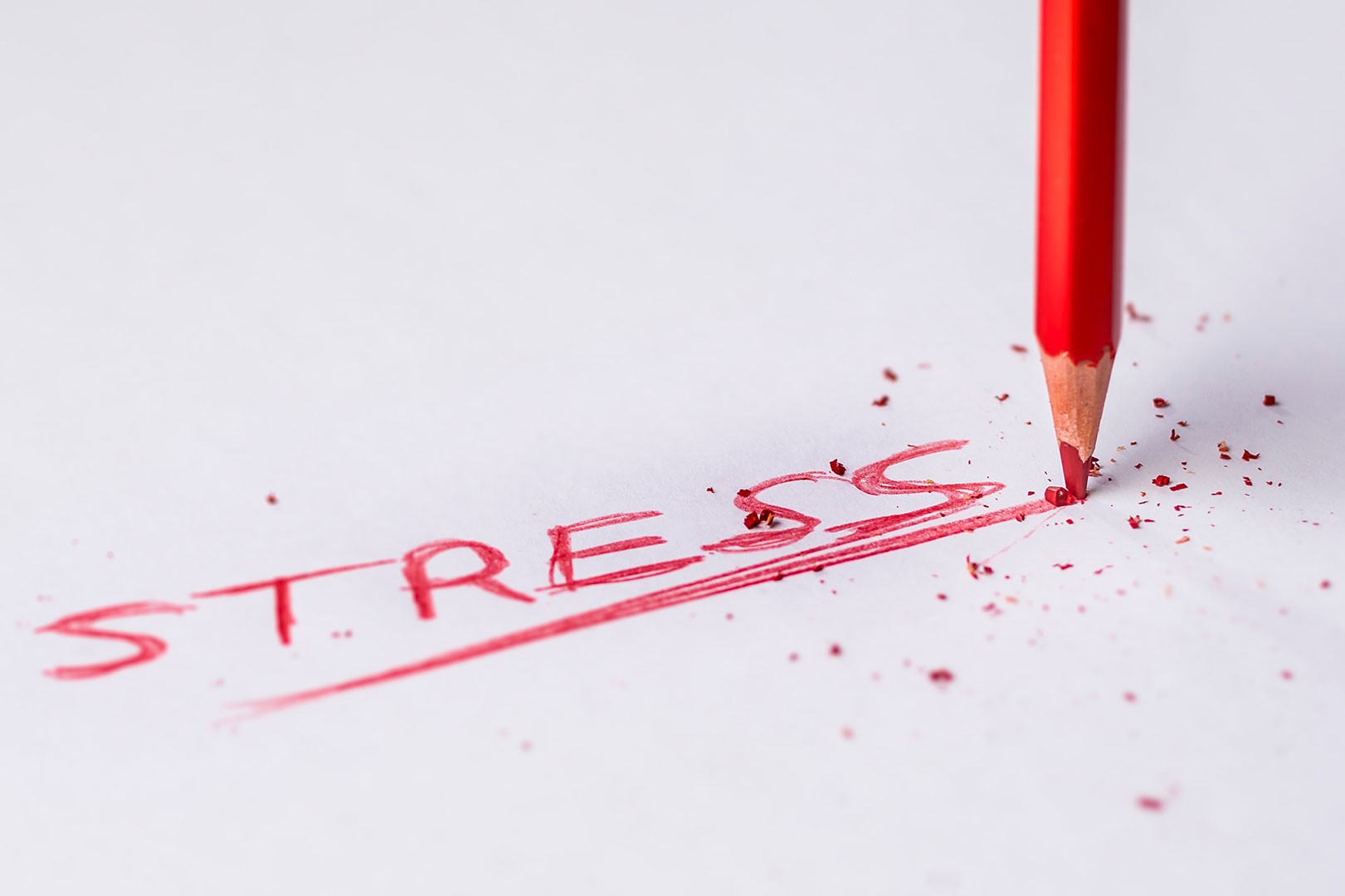
21
DecWhat is psychotic depression?
Some people who have severe clinical depression may also experience symptoms of psychosis such as visual and auditory hallucinations and delusional thinking. Depression with psychosis is called psychotic depression.
What are the symptoms of severe depression?
People who are affected with severe clinical depression generally feel sad and hopeless and demonstrate no interest in anything. They feel this way practically all the time and getting through the day feels nearly impossible for them. Other symptoms comprise: feeling guilty; feeling worthless; losing interest in life in general; extreme fatigue; having suicidal thoughts and ideas; poor sleep and appetite.
Please note that this list is not exhaustive and symptoms may vary from one individual to another.
What are the symptoms of psychosis?
The person who is experiencing a psychotic episode may have:
Delusions: these are thoughts and beliefs that are likely to be false.
Visual and auditory hallucinations: comprising hearing, seeing, smelling, feeling or tasting things that don’t exist. Hearing voices is the most common type of hallucination.
Please note that delusions and hallucinations often reflect the deeply depressed feelings of the person who is experiencing them. They might think that they have done something awful such as committing a crime or that they are to blame for something.
What causes psychotic depression?
Research has shown that there is no scientific understanding about what causes psychotic depression. However, we know that depression doesn’t have one single cause and that it refers to a range of different triggers. You can learn more about what causes depression here.
Traumatic circumstances such as losing a job, then end of an intimate relationship, bereavement or a chronic illness might trigger depression for some individuals. Genes may play a role, but the reason some people develop psychotic depression remains unknown.
How to treat psychotic depression?
Treatment for psychotic depression has three main components:
Medication: a combination of antipsychotics and antidepressants can help deal with psychosis symptoms.
Psychological therapy: one to one Cognitive Behaviour Therapy (CBT) and Psychodynamic (Psychoanalytic) Therapy have shown excellent results in treating psychotic depression. Please note that the therapy can take from several months to several years. I have been working with a patient affected with psychotic depression since 2017 and our work is still ongoing.
Social support: most patients needs support related to employment, education and accommodation too.
People with psychotic depression may have to spend time in a psychiatric hospital to receive or upgrade their medication. They also need follow-up appointments with their psychiatrist to make sure that their medication is up to date. Medication is central in treating psychotic depression. Psychological therapy alone will not be effective. If is always prescribed in association with medication.
If you would like to learn more about psychotic depression, email me on: info@angelpsychology.com. Do not hesitate to visit www.angelpsychology.com to get free access to high-quality information about psychological conditions.
Please note that Cognitive Behaviour Therapy (CBT) and Psychodynamic Therapy will help you acquire the knowledge and reflection you need. Learn more about Psychodynamic Therapy here and about CBT here. Don't forget that you can work with me at home. Learn more about online psychotherapy here.
With warm wishes,
Dr Ivanka Ezhova
Founder of Angel Psychological Therapy – Online Psychological Therapy
- 21st Dec, 2019
- Mental Health











